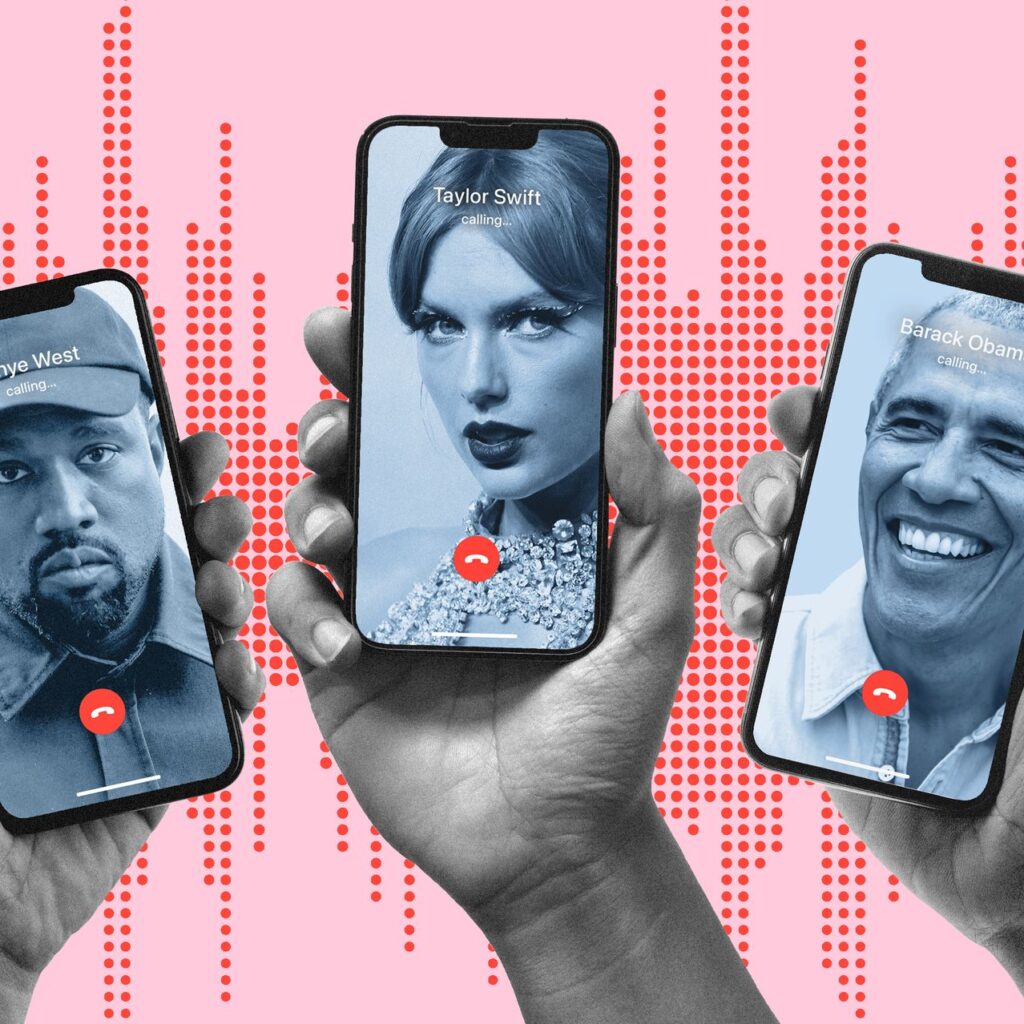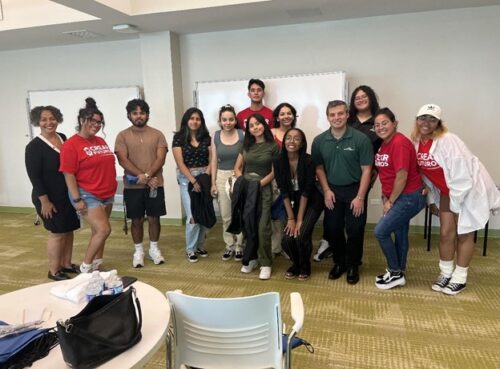
Business Insider reported that last month, Meta revealed their new AI assistant which features the likeness of celebrities. Model Kendall Jenner and youtube star MrBeast are among the group of celebrities who offered their likeness to the chatbots with different personalities.
Meta is paying an unnamed big creator as much as $5 million over the span of 2 years for six hours of work in a studio to use their likeness as an AI assistant, TheInformation said. Mark Zuckerberg revealed the AI assistants during the company’s Connect event last month. The company already has its own AI chatbot similar to ChatGPT. Since then, it has introduced 28 new ones with different personalities that use celebrities’ images.
Kendall Jenner’s likeness is used for the AI assistant “Billie,” who is posed as a big sister to offer users advice. The professional football quarterback Tom Brady plays “Bru,” a chatbot for debating sports. According to TheInformation, Meta was initially willing to pay over $1 million to use the likeness of celebrities, but were willing to pay more for big names.
As of now, the AI assistants are only text-based, but Meta’s announcement of the new feature included clips of celebrities talking as their AI counterparts. In an interview with The Verge, Zuckerberg said there’s a “huge need” for AI versions of celebrities, YahooNews reported. Zuckerberg continued to say that the chatbot would be “more of a next year thing” due to celebrities wanting to make sure their images won’t be used to utter problematic statements.
The new celebrity chatbot seems like a ploy to draw in a Gen Z audience and compete with Snapchat, who recently introduced their own AI assistant, My AI, the CreativeBloq wrote. However, the Snapchat AI assistant quickly turned into a brief trend, so there’s a strong possibility that Meta’s AI may quickly become “untrendy.”
The bot, however, is cause for concern. With such easy access to celebrities, could people fall in love with these bots and form unhealthy parasocial relationships with their “virtual lovers?” According to NewsWeek, a study reported that Gen Z, or people between the ages of 18-24, became fixated with one or more celebrities at 12 times the rate of their parents’ generation. The study was conducted by the Mental Health Million Project at Sapien Labs, a non-profit organization based in DC, who surveyed 148,398 people from 19 English speaking countries.
Ruth Sims, a social psychologist from the University of Derby in England, told NewsWeek that Gen Z was more likely to be obsessed with celebrities because they have unlimited access to them compared to the generations before them. This unlimited access makes it easier for fans to learn every detail about the lives of celebrities, from their workout routines to what their bedrooms look like.
Older generations learned information about celebrities through sporadic articles in print publications. As a result, they’re better at making a “distinction between in-person and virtual relationships.”
The researchers also found that Gen Z depends on social media to understand the world and interact with others. Since the COVID-19 pandemic, this fact was exacerbated. In a journal published by the National Library of Medicine in April 2023, it was reported in a large-scale survey that there was a sharp increase (about 20 percent) in worldwide social media usage during the COVID-19 pandemic.
According to the Mental Health Million Project’s research, Gen Z was the first generation to grow up in a fully internet-connected world; a lot of their relationships take place online, rather than in person. Their research also found that in person socializing may have decreased by almost five times compared to their parents’ generation. The consequences lead to “distortion of the natural mechanisms of reciprocal human bonding.”
With the lack of practicing human interaction, young people could have trouble navigating interpersonal relationships. This is likely a reason for the increase in celebrity obsessions, NewsWeek stated.
AI celebrity Chatbots may fuel unhealthy or parasocial bonds that young people already experience through following their favorite celebrities on social media.







